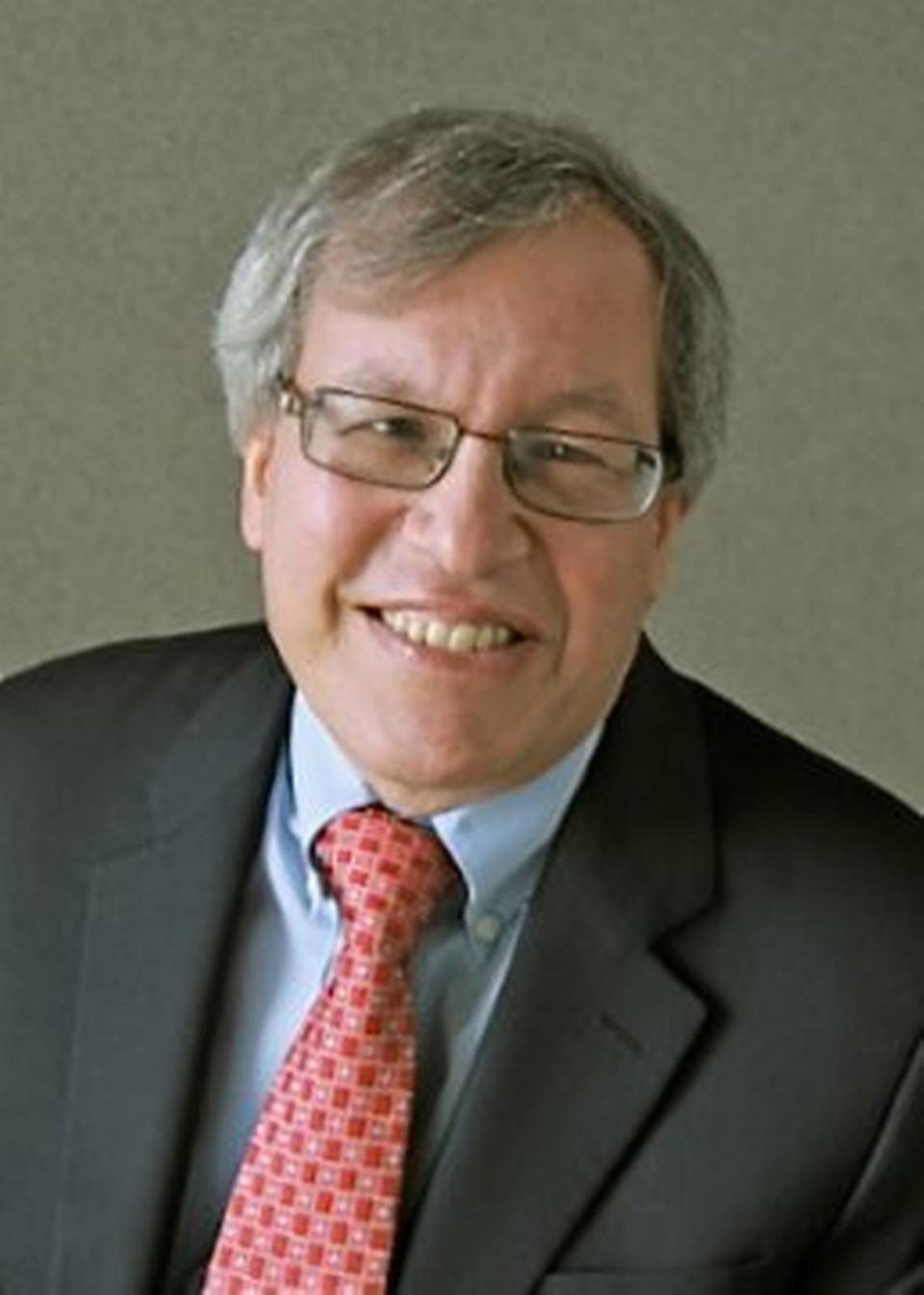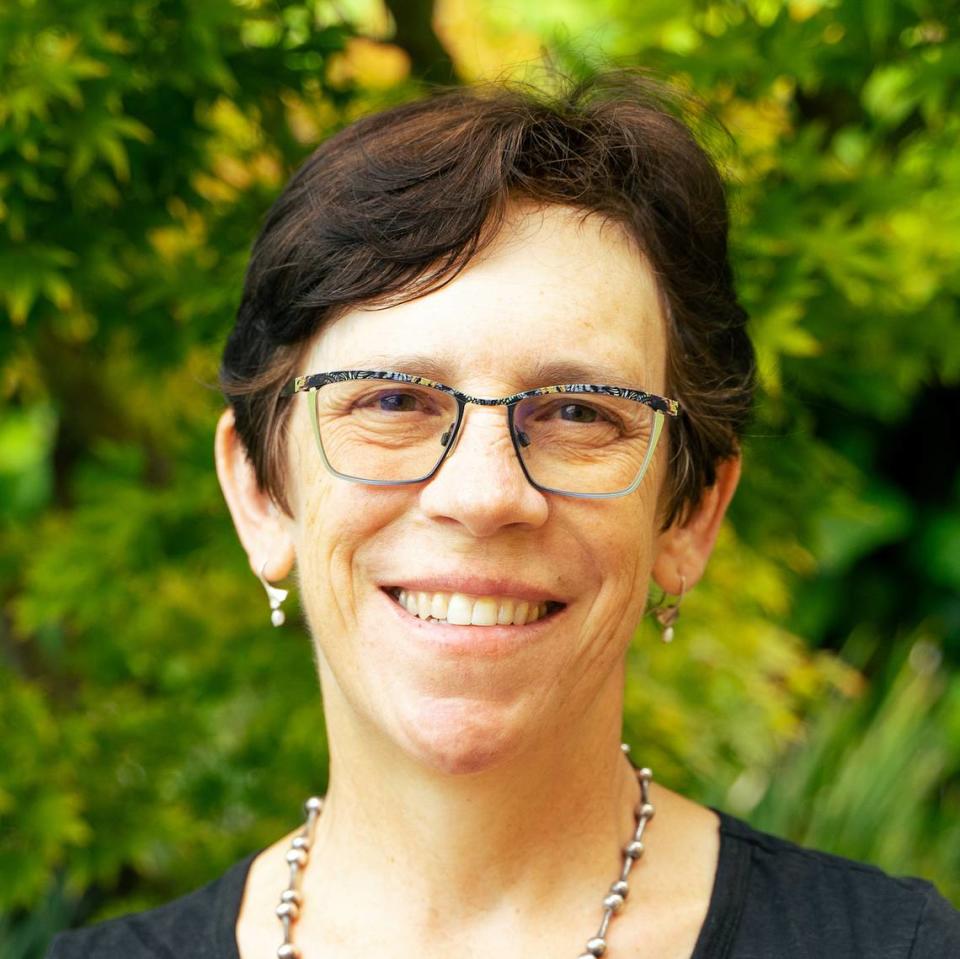UC Berkeley faculty explain importance of diversity to Florida Gov. Ron DeSantis | Opinion
The attack on the consideration of diversity, equity, inclusion and belonging (DEIB) in faculty hiring is based on mischaracterizations and false narratives. It should be unassailable that universities should aspire to be diverse environments where all students feel included. This requires hiring faculty who will be effective in teaching a diverse student body, where all students are treated equitably and made to feel that they belong.
Yet there is an intense attack on considerations of diversity, equity, and inclusion in higher education. Florida Gov. Ron DeSantis recently signed a bill that prohibits the use of funds for programs or campus activities that advocate for diversity, equity and inclusion. At the same time, many critics condemn the consideration of DEIB in faculty hiring, and it has been described as creating a “political litmus test” and as “academic thought police.”
Opinion
These attacks are terribly misguided. Colleges and universities hire faculty on the basis of excellence in teaching, research and service. A key component of excellence in teaching is the ability to reach all students across different learning styles, perspectives and lived experiences. A key component of excellence in research and service is the ability to work productively with a diverse community of colleagues.
All of this requires skill and awareness. Faculty who cannot interact in a professional, collaborative manner with fellow staff and faculty will detract from the research and service mission of the university. Faculty who are oblivious to, or unskilled at dealing with, the varied learning styles and life experiences of their students will not be effective as classroom teachers or mentors.
Critics of DEIB say that faculty should treat all students alike. But students are not all alike. They differ, as humans differ broadly in society. Good teachers have the skills and awareness to adapt to and address the needs and perspectives of their diverse students.
So how do we know whether applicants for faculty positions have these requisite skills? We assess them, using a variety of methods. Candidates can discuss their past experiences and future plans in answer to interview questions. They can give a talk as part of a campus interview. They can teach a class session. They can submit a written synthesis of their DEIB contributions and plans as a component of their application -- the so-called “diversity statement”.
Diversity statements simply ask candidates to describe how they would effectively teach a diverse student body. Good DEIB statements are fact-filled descriptions, rooted in specifics, of a candidate’s past experience and future plans. A candidate of any identity can write a compelling DEIB statement. And they do because DEIB statements are part of almost all faculty searches at UC Berkeley.
Some have contended that DEIB statements are impermissible “compelled speech.” But they are no more compelled speech than a faculty candidate having to present a job talk or submit a research agenda.
The debate over DEIB and statements by faculty candidates comes down to two questions: Is it important to hire faculty who are sensitive to diversity and inclusion and capable of fostering it in their classrooms and the university? The answer is obvious.
Second, are DEIB statements useful as one of many considerations to help ensure hiring of faculty who will successfully teach and work with a diverse student body and staff? Again, the answer is clear. In a diverse world, hiring criteria must include the skills to succeed in a diverse environment.
DEIB statements are one way to showcase meritorious skills, enabling hiring committees to select those candidates most likely to succeed as faculty members.
In signing into law a bill that prohibits the teaching of critical race theory and gender studies, DeSantis said that those who want such an education should “Go to Berkeley.” As faculty members at UC Berkeley, we take this as praise, not criticism. Our goal is a diverse student body that reflects the rich diversity of California and the country, and a faculty who will teach them effectively. Diversity statements are one tool to help achieve this.
Erwin Chemerinsky is dean of the UC Berkeley School of Law. Sharon Inkelas is a distinguished professor of linguistics, a ssociate vice provost for the faculty and s pecial faculty advisor to the chancellor on campus welfare at UC Berkeley.




